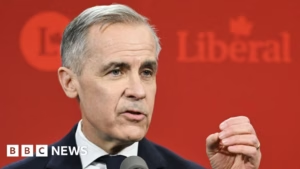In 301 AD, Emperor Diocletian attempted to address the inflation plaguing the eastern Roman Empire with an Edict on Maximum Prices. However, this measure proved unsuccessful and ultimately led to shortages, a black market, and profiteering. Diocletian eventually stepped down from power after realizing the failure of his policy.
Centuries later, Croatia is implementing a similar approach to control prices that have been surging in recent years. On February 7, the government introduced price controls for supermarket items such as bread, pork, and shampoo. Retailers found violating these rules could face fines of up to 30,000 euros.
In Split, consumers are still adapting to this new system, which caps the price of 70 common grocery store products. For some residents like Anita Kargotic, the implementaion of price controls is of little consequence as she primarily purchases cheaper alternatives.
The inflation in Croatia has been driven by economic rescue packages, public sector wage increases, and price hikes following the country’s adoption of the euro. Economists argue that price controls may not address the underlying causes of the price surge but rather provide temporary solutions.
While many governments have resorted to price controls in an attempt to combat rising costs, critics argue that such measures often lead to unintended consequences and market distortions.
Source: https://www.nytimes.com/2025/03/09/world/europe/echoing-a-roman-emperor-croatia-tries-to-cap-soaring-prices.html





